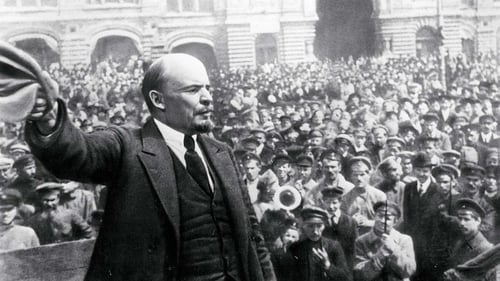Emperor Franz Josef
Birth : 1830-08-18, Vienna, Austrian Empire [now Austria]
Death : 1916-11-21
History
Franz Joseph I (18 August 1830 – 21 November 1916) was Emperor of Austria, King of Hungary, and the other states of the Austro-Hungarian Empire from 2 December 1848 until his death. From 1 May 1850 to 24 August 1866 he was also President of the German Confederation. He was the longest-reigning ruler of the Austro-Hungarian Empire, as well as the longest-reigning emperor and sixth-longest-reigning monarch of any country in history.
From Wikipedia, the free encyclopedia

